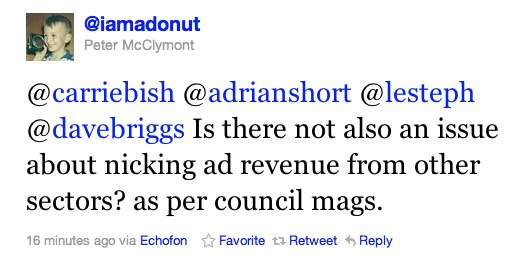With the elections of May 5 2011 now complete Member Development Officers need to look at the most efficient and cost effective way to train these newly elected councillors.
Modern Councillor is the online learning and support destination for councillors, people considering standing for election, or indeed anyone with a passion for local democracy provided by my pals at Learning Pool.
The service has been designed with both new and more experienced elected members in mind. A subscription to Modern Councillor provides elected members with full access to a growing catalogue of e-learning modules, at a fraction of the cost of classroom based training as well as access to our online community.
What modules are included?
All 17 of the current e-learning modules have been created alongside subject matter experts and cover areas such as Induction, Media, Community and Legislation. Specific modules include Introduction to Local Government, Your Role as a Councillor and Getting Started with Social Media. You can view a full list of the current modules available in this PDF e-learning catalogue.
Who does the community involve?
Alongside a suite of e-learning modules, Modern Councillor will now include an online community bringing together councillors, prospective councillors, co-opted members, local government officers, activists, and residents so that they can connect, share and learn together. Join the community, for free, here.
Guest Access
If you’d like Guest Access to preview the training available through Modern Councillor or any other information, please email breda@learningpool.com.
MDO Support Webinar
Join us for our free webinar on training and supporting your elected members on Thursday, 19 May, 2011 10:00 AM – 11:00 AM BST. Register here.


